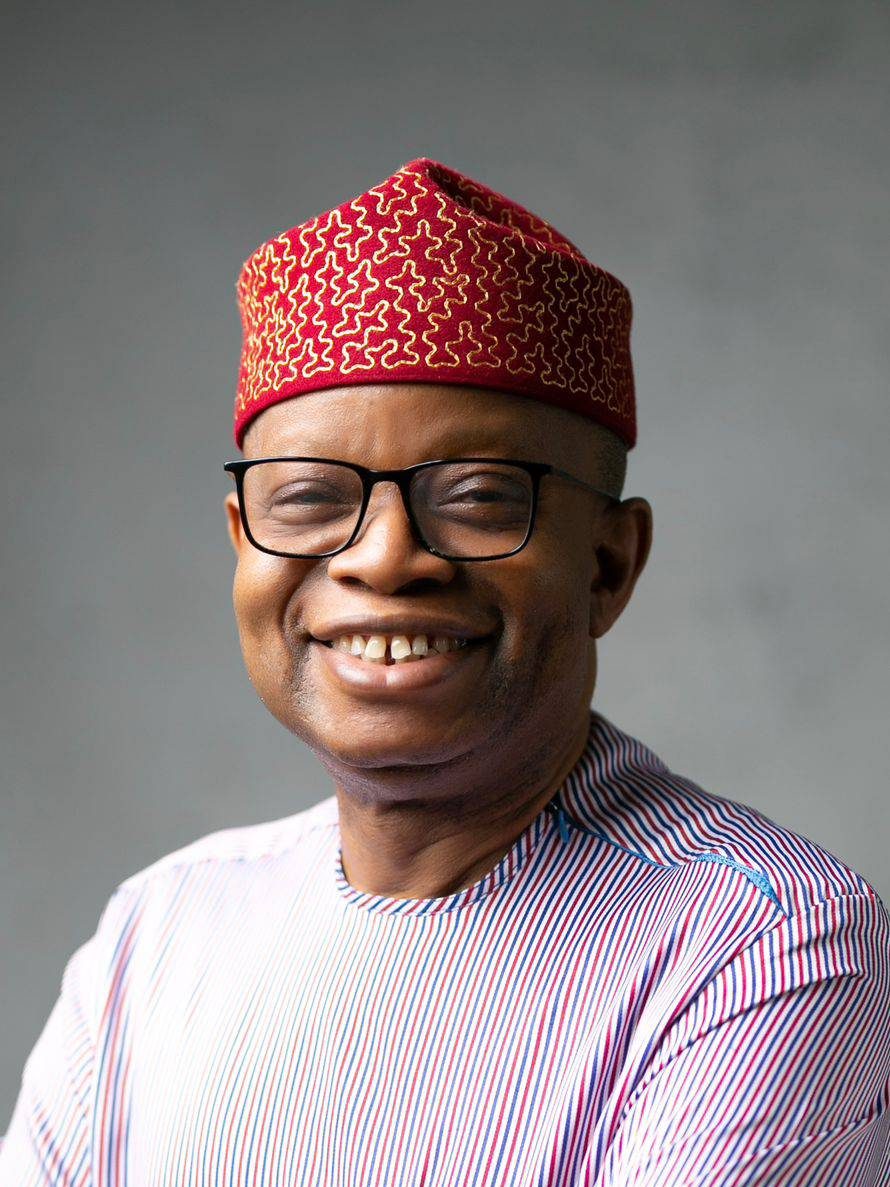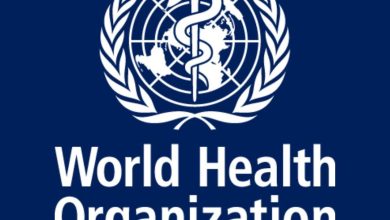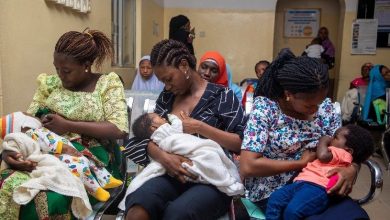“Nigeria Must Rethink How It Funds Health,” Prof. Lere Baale
NAPharm President Lere Baale has urged Nigeria to treat healthcare as a key investment for growth and job creation.
He called for smarter funding, wider insurance coverage, and stronger private partnerships.
The President of the Nigeria Academy of Pharmacy (NAPharm), Lere Baale, has called for a major rethink of how Nigeria funds its healthcare system, saying the country must begin to see health as an investment that can create jobs, save lives, and drive national growth.

Speaking at a health conference in Lagos on Wednesday, Professor Baale, who is also the CEO of Business School Netherlands International, said, “Nigeria’s healthcare future will not be built by chance, but by choice. If we commit to financing that is transparent and innovative, we will build a stronger, healthier nation.”
He noted that about 76 percent of Nigerians pay for healthcare directly from their pockets, which leaves millions of families at risk of financial hardship. “Every naira invested in health can yield up to six times its value in economic returns through productivity and better human capital,” he said.
Baale urged the government to increase spending through the Basic Health Care Provision Fund (BHCPF) and raise total health investment beyond four percent of Nigeria’s GDP. He also called for the expansion of the National Health Insurance Authority (NHIA) to include informal workers and rural communities through digital and community-based insurance plans.
He said, “We need a smarter, more inclusive system that ensures everyone, regardless of income or location, can access quality healthcare. Lagos State’s ILERA EKO program and Rwanda’s cooperative model are proof that it can work.”
Baale also encouraged private investment through public-private partnerships, diaspora bonds, and social impact funds to improve infrastructure, local drug production, and digital health services. “If we unlock private capital and align it with national priorities, we can close the huge gap in healthcare access,” he added.
He referenced other African examples, noting, “Ghana’s VAT-linked health insurance levy and Rwanda’s income-based model both show that with accountability and innovation, sustainable health financing is possible.”
His remarks align with President Bola Tinubu’s Presidential Initiative for Unlocking the Healthcare Value Chain (PVAC), which aims to boost local drug manufacturing to 70 percent and create over 30,000 jobs by 2030.
Baale concluded, “We don’t just need more money; we need smarter money. Every naira spent must lead to real results; better hospitals, stronger systems, and healthier Nigerians.”



